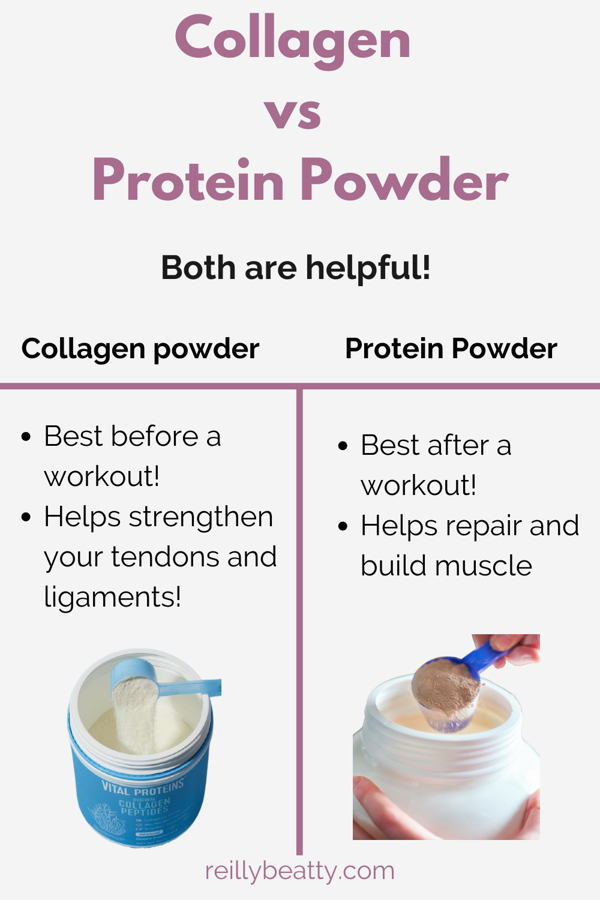Table of Contents
- Introduction
- Protein Overview
- Collagen Overview
- Differences in Structure
- Differences in Function
- Sources of Protein and Collagen
- Impact on Health
Introduction
In this article, we will explore the key differences between protein and collagen, two essential components of the human body. Understanding these differences can help us make informed choices about our diet and skincare routine.
Protein Overview
Protein is a macronutrient that is essential for the growth, repair, and maintenance of tissues in the body. It is made up of amino acids, which are the building blocks of protein. Proteins are involved in a wide range of bodily functions, including enzyme production, immune response, and muscle building.
Collagen Overview
Collagen is a type of protein that is particularly abundant in the skin, bones, and connective tissues. It provides structure and support to these tissues, helping to maintain their strength and elasticity. Collagen is also crucial for wound healing and overall skin health.
Proteins are essential macronutrients that are made up of amino acids and play a crucial role in the structure, function, and regulation of the body's tissues and organs. Collagen is a type of protein that is found in connective tissues, such as skin, bones, tendons, and ligaments.
While both protein and collagen are made up of amino acids, collagen has a unique composition that sets it apart from other proteins. Collagen is rich in the amino acids glycine, proline, and hydroxyproline, which are essential for maintaining the strength and elasticity of connective tissues.
In addition to its structural role, collagen also plays a key role in promoting skin elasticity, joint health, and muscle recovery. As we age, our bodies produce less collagen, which can lead to wrinkles, joint pain, and muscle loss.
Adding collagen-rich foods to your diet, such as bone broth, gelatin, and collagen supplements, can help support the body's natural collagen production and maintain healthy connective tissues.

Differences in Structure
Proteins are composed of various amino acids, which determine their specific structure and function. Collagen, on the other hand, is made up of a unique combination of amino acids, including glycine, proline, and hydroxyproline. This gives collagen its distinctive triple-helix structure.
Differences in Function
While proteins have a wide range of functions in the body, collagen is primarily responsible for providing structural support to tissues. Collagen helps maintain the firmness and elasticity of the skin, as well as the strength of bones and joints.
Sources of Protein and Collagen
Protein can be found in a variety of foods, including meat, fish, dairy products, nuts, and legumes. Collagen, on the other hand, is primarily sourced from animal products such as bone broth, gelatin, and collagen supplements.
Impact on Health
Both protein and collagen play crucial roles in maintaining overall health and well-being. Protein is essential for muscle growth and repair, immune function, and hormone production. Collagen supports skin health, joint function, and bone strength.
Key Takeaways
- Proteins and collagen are both essential for the body, but they have distinct structures and functions.
- Proteins are made up of amino acids and have a wide range of functions in the body.
- Collagen is a specialized type of protein that provides structural support to tissues.
- Both protein and collagen can be obtained through diet and supplementation.
- Proper intake of protein and collagen is crucial for maintaining overall health and well-being.
Frequently Asked Questions
1. Can I get enough collagen from my diet?
While collagen can be obtained from certain foods like bone broth and gelatin, some people may choose to supplement with collagen powders or capsules to ensure an adequate intake.
2. Are protein and collagen the same thing?
No, protein and collagen are not the same. While collagen is a type of protein, it has a unique structure and function that sets it apart from other proteins.



Recent Comments